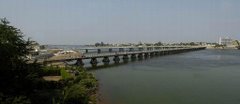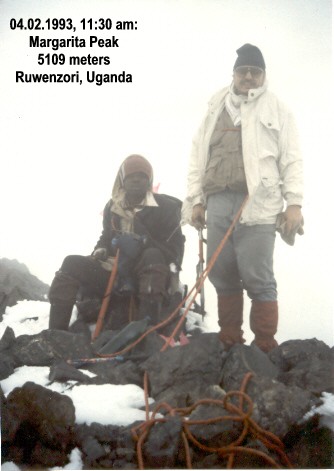Keine Nation ist reich geworden durch Hilfszahlungen und Schuldenerlass
Wachstum das beste Mittel gegen Armut
"Was aber treibt Wachstum konkret an? Sala i Martín hält den Faktor Humankapital für überschätzt, mit der Ausnahme von Investitionen in Grundschulbildung, die eindeutig Wachstum positiv beeinflusse. Auch Demokratie hält er für keine Voraussetzung für Wachstum. Sowohl Diktaturen als auch Demokratien erzielen beeindruckende Wachstumsraten. Er hält aber kein Plädoyer für unfreie Staatsformen, er hält es in armen Ländern schlicht für wichtiger, die Infrastruktur, Rechtssicherheit und eine lebendige Unternehmenswelt aufzubauen. Wachstum ist für Sala i Martín das beste Mittel gegen Armut. Wachstumspolitik hält er deshalb für noch wichtiger als etwa Aids-Bekämpfung. 'Wegen schlechter Wirtschaftspolitik sind schon einige Millionen Menschen mehr gestorben als an Aids.'
Mit der von ihm gegründeten Stiftung Umbele will Sala i Martín Wachstum speziell in Afrika fördern. Schuldenerlass und höhere Entwicklungshilfezahlungen der reichen Länder lehnt er strikt ab. 'Keine Nation ist reich geworden durch Hilfszahlungen und Schuldenerlass', betont er. 'Länder werden reich, indem sie erfolgreich Marktwirtschaft betreiben.' " (Hervorhebungen KDL)
zum Artikel >> hier (Wirtschaftswoche)
Tja, Herr Professor, ich stimme Ihnen ja grundsätzlich zu. ABER: dann müssen die internationalen Handelsbeziehungen etc. schon einigermaßen stimmen, um die EL nicht systematisch zu benachteiligen, n'est-ce pas?





